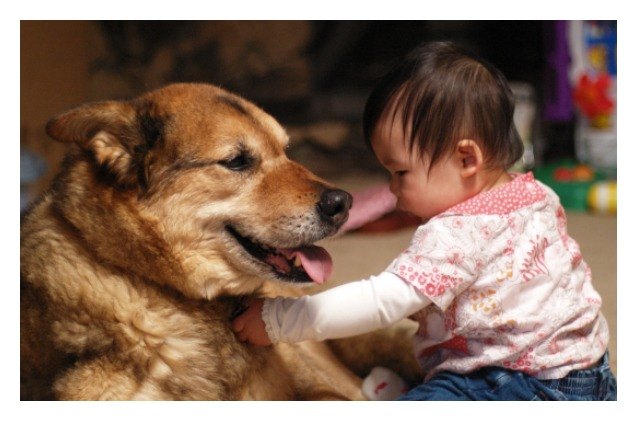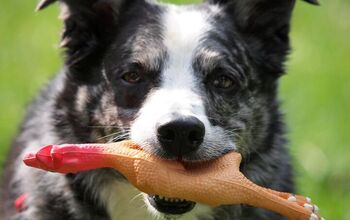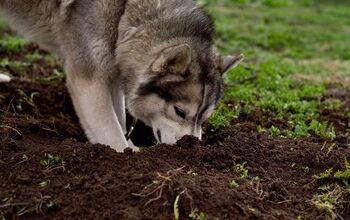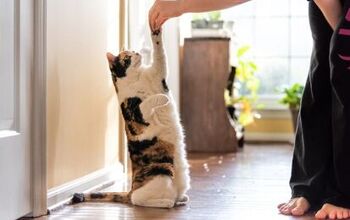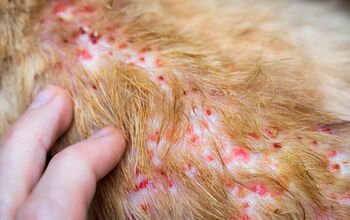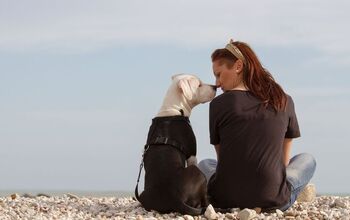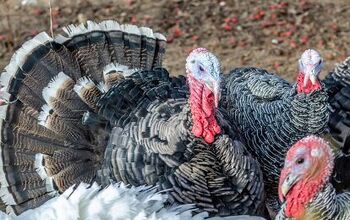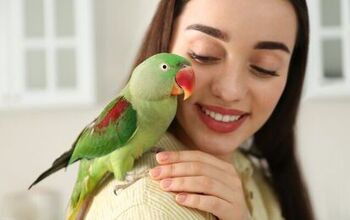Study: Early Exposure To Pets May Reduce Childhood Allergies and Obesi

Recent studies have shown that early exposure to pets may actually help reduce the risk of childhood allergies to dogs and cats, but now research from the University of Alberta in Canada has found that early exposure to pets creates significant increases in the gut flora of children!
Related: Study: Pets Help Lower The Risk Of Childhood Asthma
The researchers discovered that when children were exposed to dogs, cats and other pets before birth and up to three months after, they have higher levels of the Ruminococcus and Oscillospira bacteria–both beneficial for good gut health. Previous research done suggests that Ruminococcus may reduce risk of childhood allergies and Oscillospira may be associated with decreased obesity risks.
Studies have suggested that exposure to dogs in the first year of a child’s life could be attributed to a 13 percent decrease in the risk of asthma a child may have later in life, and as we learn more about the importance of microbiomes, it is suggested that gut flora plays a big part in our risk rates. The exposure to bacteria that children get from pets is what researchers believe is actually responsible for the critical changes in gut microbiota that these risk reductions may be attributed to.
Related: HABRI Study Finds Dogs De-Stress Families with Autistic Children
Co-author Anita Kozyrskyj of the Department of Pediatrics at Alberta and her colleagues looked at data from the Canadian Healthy Infant Longitudinal Development Study (CHILD) cohort–which included 746 babies born between 2009 and 2012. Of those babies approximately half had been exposed to household pets before and after birth, with about 70 percent of those pets being dogs. The researchers examined fecal samples from each baby when they were about three months and looked at specific gut bacteria. They found that those who’d been exposed to pets before and after birth had twice as much Ruminococcus and Oscillospira in their guts compared to the non-exposed infants. Interestingly, this abundance was still present regardless of three factors known to affect a baby’s gut bacteria–cesarean delivery, antibiotics given during birth and little breast-feeding from mom.
The researchers even discovered that pet exposure before birth was correlated with the reduction of vaginal b group strep from mother to child during delivery. Though further studies would obviously be needed to continue to understand the connections between early-life pet exposure and gut flora, the researchers do believe that their findings not only affirm previous studies that show benefits of household pets, but inspire new research that could bring about treatments from pet exposure therapy.

More by Lori Ennis



